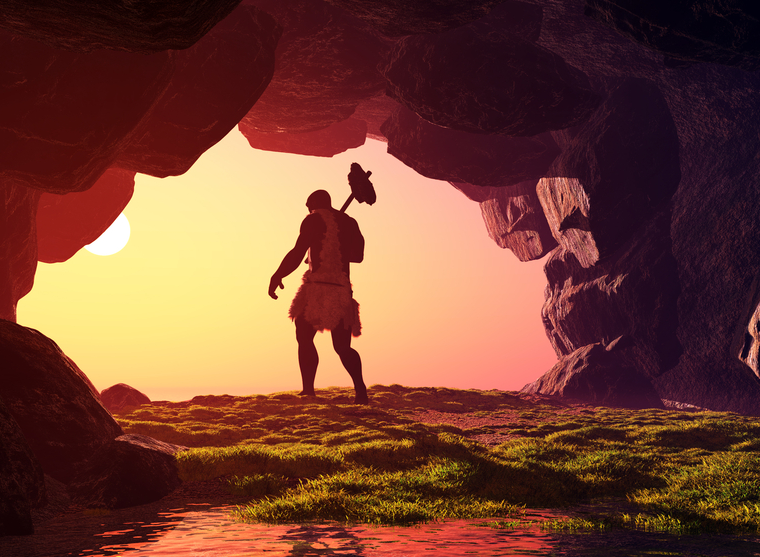Paleo Diet Pros and Cons
by taylorevance@gmail.com | January 10, 2019 7:25 am
The Paleo diet has gained increasing attention in recent years, with many celebrities choosing to follow this strict diet. Essentially, the diet aims to replicate the diet our ancestors would have eaten.
 [1]
[1]
The diet therefore rules out any kind of processed, mass produced, packaged or chemical and additive filled food; unfortunately, this is what a significant amount of our modern diets consist of. Instead, the focus is on fruits, vegetables, meat, nuts, and seeds.
These are all more natural forms of food that would have been around in caveman times. The idea behind the diet is our ancestors were not obese and did not suffer from anywhere near the amount of health problems that us modern folk do.
If we follow a similar diet, then in theory we should become healthier and have fewer health problems.
So, does this all sound too good to be true? Here are some of the Paleo diet pros and cons.
Pro – The Paleo diet is easy to follow
Unlike other diets, there is no portion control, calorie counting or weighing of your meals. This means the diet is incredibly easy to follow and does not require the preparation and organization that other diet need. This makes it appealing to those who have busy schedules or perhaps have a family that won’t necessarily be following the same diet.
Pro – Unhealthy food is completely out
Quite simply, the foods that are really bad for us are out of bounds on this diet. There is no chance you can eat too much cake or too many biscuits; you simply can’t eat them at all. Packaged, processed foods with added chemicals and additives are what we generally tend to overindulge on and this is what leads to weight gain and obesity. On this diet, these foods are not an option so there cannot be the negative effects from eating too much.
Con – Not all of the food banned by the Paleo diet is bad
The Paleo diet advocates against eating grains in general, and cites the health benefits of avoiding them. However, in general, grains are not bad for you and don’t cause health problems. Of course, there are exceptions, for example in individuals with celiac disease. However, in general terms, grains in their natural form can actually be quite good for you. It is our modern day version of grains and the processing that we subject them to that causes the problems.
Con – Some Paleo diet arguments are incorrect
Many people who follow a Paleo diet recommend that you avoid pulses and legumes such as beans and lentils as they simply were not around in this time. However, recent research has found that humans and chimpanzees not only ate pulses and legumes, but they were a crucial part of the diet. This would question other aspects of the Paleo diet and perhaps even the claims of health benefits.
Con – Food now is not the same as before
In the Paleolithic era, meat was meat and the animals had a natural diet as well. However, in modern times, meat is not simply meat and animals are not fed the same diet. There is often a lot of fat in meat, unlike when our ancestors were eating meat.
Animals are now kept in all sorts of conditions ranging from luxury to simply inhumane, and their diet also varies. In addition, we often pump our animals full of antibiotics and steroids, and our crops are treated pesticides and so on.
Consequently, even something as seemingly simple as meat becomes incredibly complex. Therefore, the Paleo diet may be hard, if not impossible; to follow exactly as it was intended. However, you do have the choice of buying grass fed beef and chicken, along with free-range chicken eggs, and organic fruit and vegetables, but this can be get expensive, making it more difficult for people to manage.
- [Image]: https://alternativeresourcesdirectory.com/wp-content/uploads/2019/01/Paleo-Diet-Pros-and-Cons.png
Source URL: https://alternativeresourcesdirectory.com/news/paleo-diet-pros-and-cons